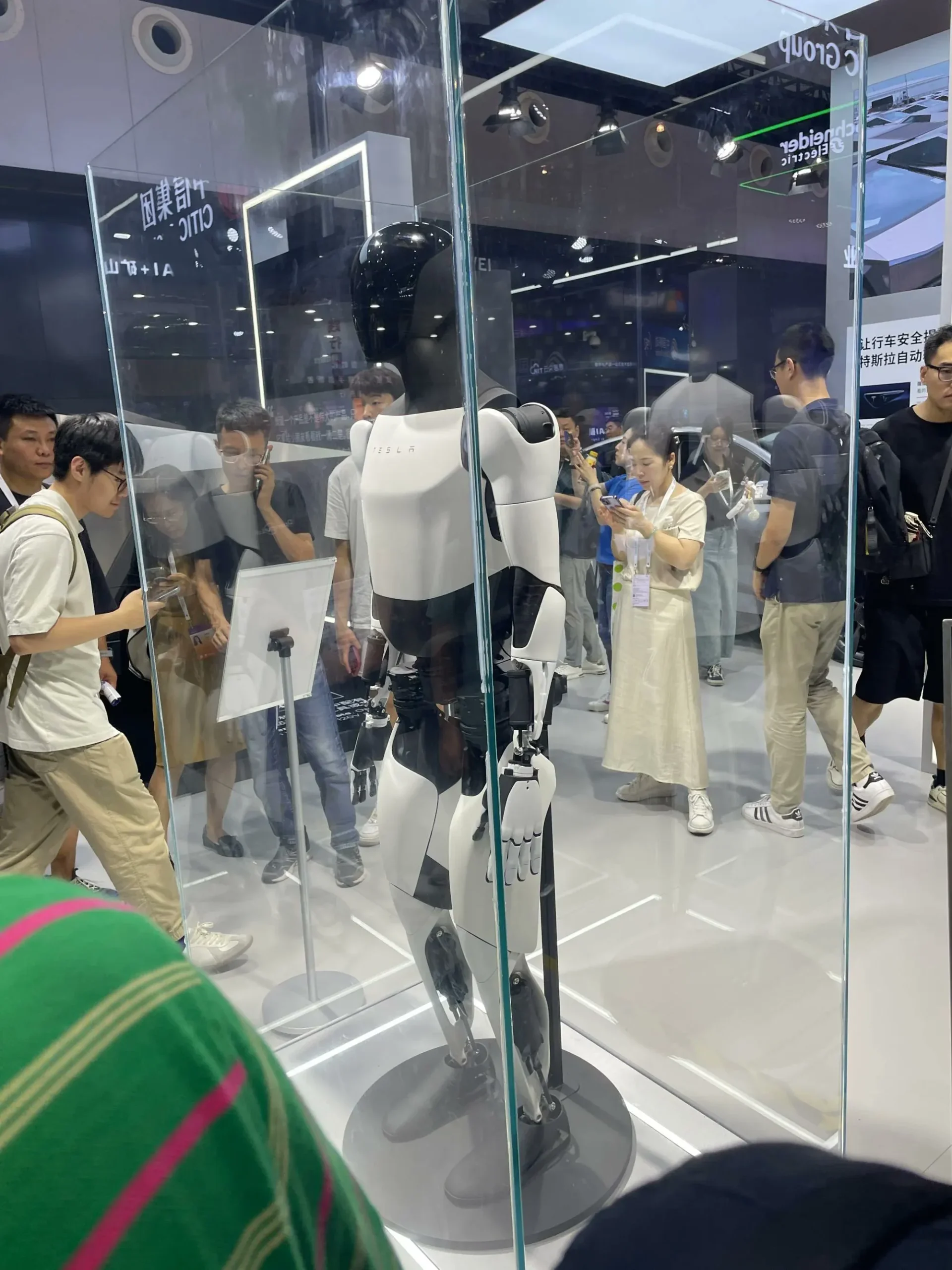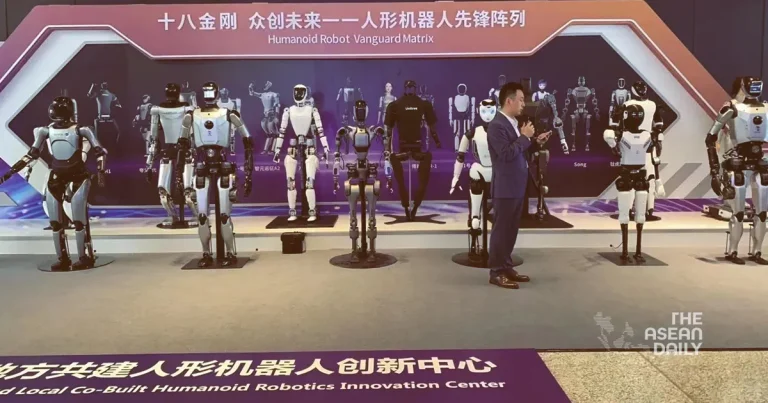5-7-2024 (SHANGHAI) The conference kicked off with a keynote speech by Chinese Premier Li Qiang, who threw his full support behind the domestic AI industry while urging governments worldwide to collaborate in ensuring the safe and responsible development of this cutting-edge technology.
“The development of artificial intelligence is both a major opportunity for the whole world and a major global challenge,” Li declared. “There is an urgent need for our countries to discuss in depth, build consensus, and grasp the mechanism of common challenges.”
Addressing industry leaders, Li, President Xi Jinping’s second-in-command, emphasized the need for nations to come together to ensure the reliability of AI systems. He highlighted China’s remarkable progress in the field, stating that the scale of the country’s core AI industry has exceeded 500 billion yuan ($68.7 billion), ranking China among the world’s top AI players.
Li’s call for international cooperation struck a chord, as he stressed the importance of sharing the benefits of AI while managing its risks. “The faster the development of AI, the more important it is to ensure that it is safe, reliable and controllable,” he said, adding that its values need to be in line with “the fundamental interests of mankind.”
A staff member demonstrates LimX Dynamics’ biped robot P1 that stays upright despite interference during the 2024 World AI Conference in Shanghai, E China. pic.twitter.com/6GktRwniuZ
— China Focus (@China__Focus) July 5, 2024
The three-day event served as a showcase for China’s tech giants, with industry heavyweights like Huawei Technologies, Alibaba Group Holding, and Tencent Holdings unveiling cutting-edge products and solutions. International exhibitors, including Google, Microsoft, and Tesla, also graced the event, with the electric vehicle maker expected to feature its highly anticipated Cybertruck and the second generation of its humanoid robot, Optimus Gen 2.

Alongside the exhibitions, forums were planned to discuss critical issues surrounding safety, governance, and industrial applications of generative AI technology, reflecting China’s commitment to responsible innovation.
Achieving self-sufficiency in advanced technologies like AI has long been a cornerstone of President Xi Jinping’s development plans. In 2017, the State Council set an ambitious goal of leading the world in the “theory, technology and application” of AI by 2030. This vision gained renewed urgency in 2022 when the U.S. startup OpenAI launched its groundbreaking ChatGPT, sparking a global investment frenzy and prompting the U.S. to tighten export controls on advanced AI chips to China.

Undeterred, China has continued to be a major backer of AI development in the domestic market, even as it has tightened supervision of its own tech giants in recent years. The government has launched new semiconductor funds worth billions of dollars and established dedicated investment funds to incubate AI startups, fostering a vibrant ecosystem of homegrown AI companies.




